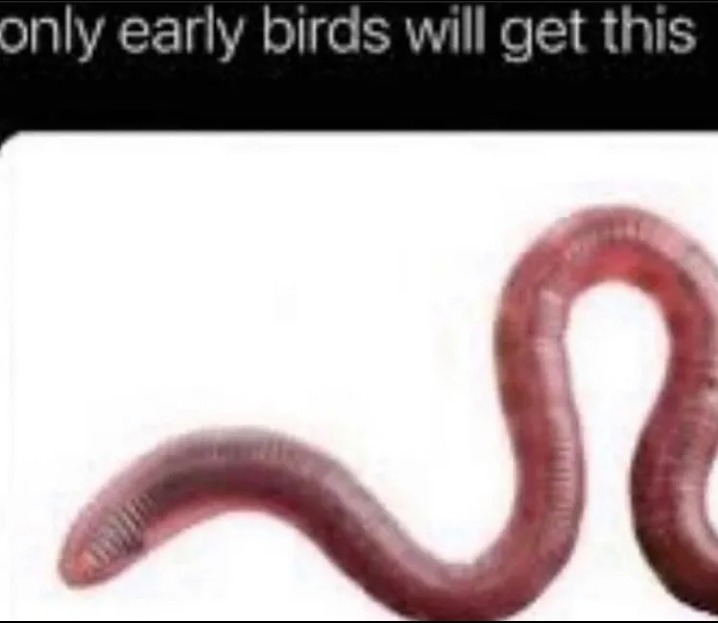Is Protein Powder Made from Worms

Got a tub of protein powder sitting in your kitchen? Wondering if there might be ground-up bugs in it after seeing some weird TikTok?
You’re not alone.
With all the buzz about sustainable protein and companies experimenting with alternative sources, it’s easy to wonder what’s actually in that scoop of powder you’re mixing into your post-workout shake.
Let’s separate fact from fiction.

Your regular protein powder is (probably) bug-free

Most protein powders are not made from insects – at least not the ones you’re likely buying at your local supplement store or ordering online.
The vast majority of protein supplements come from these sources:
- Whey protein (from milk)
- Casein protein (also from milk)
- Soy protein (from soybeans)
- Pea protein (from, you guessed it, peas)
- Rice protein (from rice)
These traditional protein sources undergo strict quality control and testing to ensure they’re free from contaminants. So no, there aren’t secretly ground-up worms in your standard whey protein.
But there’s a twist to this story.
Insect protein is actually a real thing now

While your typical protein powder isn’t made from bugs, there is a growing market for protein powders that are intentionally derived from insects. And yes, they’re labeled as such (companies aren’t trying to trick you into eating bugs).
The most common insects used for protein powder include:
- Mealworms (which aren’t actually worms, but beetle larvae)
- Black Soldier Fly Larvae
- Crickets (Acheta domesticus)
The process for making these powders is pretty straightforward: the insects are farmed in controlled environments, harvested, thoroughly dehydrated, and then ground into a fine powder.
Companies betting big on bugs

Several companies have jumped on the insect protein bandwagon:
- Protifarm
- Ynsect
- Entomo Farms
- Bitty Foods
- Chapul
- Exo Protein
- Cricket Flours
- Crik Nutrition
These aren’t sketchy operations – they’re legitimate businesses with proper manufacturing facilities and quality control. They’re also very transparent about their insect ingredients (it’s their main selling point, after all).
Why would anyone eat bug protein on purpose?
The insect protein trend isn’t just about being weird or edgy. There are actually some compelling benefits:
Nutritional profile: Insect protein packs a serious nutritional punch with 60-70% protein by dry weight (higher than chicken), all essential amino acids, and high amounts of B12, iron, and calcium.
Environmental impact: Compared to raising cows, pigs, or chickens, insect farming requires significantly less water, produces fewer greenhouse gases, and needs minimal land. Insects can even be fed organic waste, contributing to waste reduction.
Sustainability: As global protein demands increase, traditional livestock production becomes increasingly unsustainable. Insects offer a potential solution to this growing problem.
Mealworm protein: The future of gains?
Mealworm protein in particular has caught the attention of the fitness industry. These little critters offer:
- 50-60% protein by weight
- Complete amino acid composition
- Rich in dietary fibers and healthy fats
- Contains antioxidants that support immunity
Some research suggests mealworm protein might be comparable to whey protein for muscle recovery and building. Though more studies are needed before we crown it the new king of gainz.
Big food companies are taking notice
This isn’t just a fringe movement. Major food corporations are exploring insect protein:
- PepsiCo has experimented with mealworm powder for snacks
- The European Union recently approved mealworm powder for various food products
As regulations evolve and consumer acceptance grows, we might see insect protein becoming more mainstream in the coming years.
How to tell if your protein contains insects
If you’re curious about trying insect protein (or avoiding it like the plague), here’s what to look for:
- Clear labeling: Products containing insect protein are required to clearly state this
- Ingredient list: Look for terms like “cricket flour,” “mealworm powder,” or “insect protein”
- Brand names: Companies specializing in insect protein usually make it obvious in their branding
Don’t worry about accidentally consuming bugs – companies selling insect protein are proud of it and make it a key selling point.
The bottom line: Your protein powder is probably what it claims to be
So, is your regular protein powder secretly made from worms? No.
Are there protein powders intentionally made from insects? Yes.
Will you accidentally consume insect protein without knowing it? Highly unlikely.
The reality is that while insect protein is growing in popularity, it remains a specialty product that people choose intentionally for its nutritional and environmental benefits. Your regular whey, plant, or egg protein powder contains exactly what it says on the label.
As for whether you should try insect protein – that’s entirely up to you. It might sound gross at first, but consider this: if you’ve ever eaten shrimp, lobster, or crab, you’ve already consumed arthropods that are basically the ocean’s equivalent of bugs.
Food for thought.
